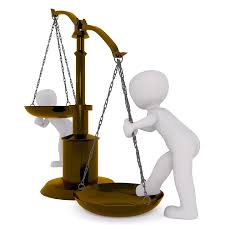Why you need to focus on opportunity cost
Opportunity cost: The valuable commodity we use but can never touch
When making business or day to day decisions, how often do you do things that could be done by others, for example by engaging someone with more experience, skills and possibly at an overall lesser cost?
What is the opportunity cost of you doing these things versus delegating or outsourcing? The results you may find startling.
[read more=”Click here to Read More” less=”Read Less”]
Sure, you may save on costs but at what loss of value? What are you losing by not focusing on your core area, and your staff’s core areas of expertise? By focusing on cost rather than opportunity cost, we can forego much higher returns and in turn, this can destroy opportunity and value.
- If your time is valued at $150/hr, why do a job or task valued at $50/hr?
- The opportunity cost here is $100/hr.
- If your billable time is $250/hr, then the opportunity cost would be $200/hr
- If you do sales and your revenue brings in $500/hr, the opportunity cost is a whopping $450/hr
The solution is to determine
- How can you best leverage your time and the time of your staff
- Who has the necessary expertise for the job at hand
- Does the job require industry-specific expertise?
- Do you have this expertise internally
- What is the cost and opportunity cost of outsourcing?
- What are the best and worst case scenarios of doing it internally versus outsourcing?
In making decisions like these, I like to use the best and worst case for and against scenario: What is the best and worse case outcome in doing it yourself versus what is the best and worse case outcome of outsourcing to experts. The answers you provide yourself will often deliver you the best answer.
For more information, contact Neil at 1300Hired. [/read]


